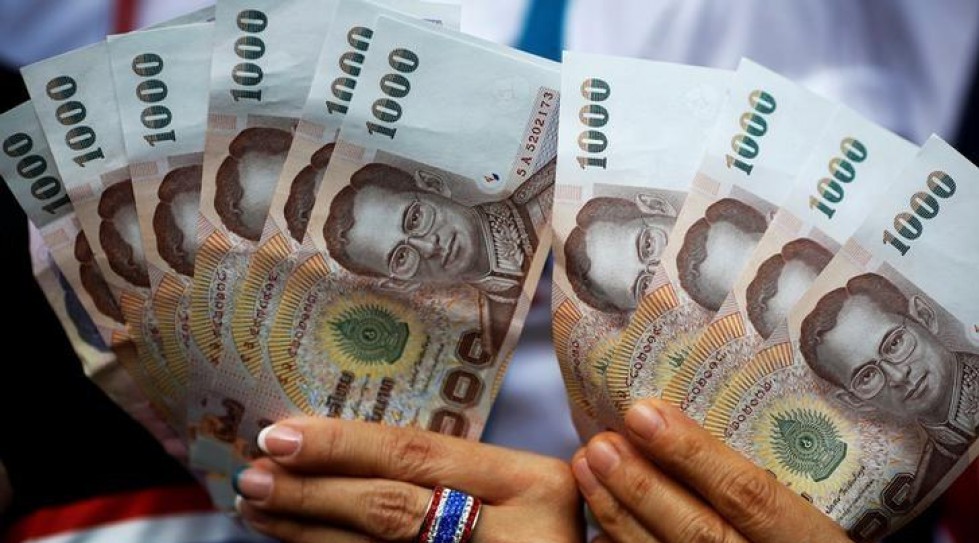Population aging in China (A1 stable) and other emerging markets in Asia will hurt economic growth, competitiveness and fiscal revenue, unless productivity gains accelerate, according to a new report by Moody’s Investors Service.
And although China’s new policy allowing couples to have up to three children could support fertility, it is unlikely to dramatically change the national birthrate, meaning that aging will remain a credit-negative constraint.
- Shrinking workforces could dampen rapid GDP growth and hurt fiscal revenue in China, Thailand and other economies
- In China’s case, productivity gains may lessen the credit-negative impact of demographic changes
Thailand’s (Baa1 stable) total dependency ratio is set to jump nine percentage points to 51% by 2030 – a faster increase than China’s – which will pressure public and private savings through higher taxes and social spending, reducing innovation and productivity gains.
In China, by contrast, Moody’s expects that innovation in artificial intelligence, logistics and biotech could help to increase productivity, mitigating the economic drag from aging.
“The historically fast GDP growth of many of Asia’s emerging economies in recent years has reflected rapid gains in labor supply and investment. But as workforces shrink over the next decade, it will become more difficult for these economies to sustain their previous rates of expansion,”
Martin Petch, a Moody’s Vice President and Senior Credit Officer.
“Additionally, contending with an aging population at a relatively early stage in their economic development will increase the challenge for emerging market governments in addressing this issue,” adds Petch.
The experiences of some of Asia’s advanced economies in tackling demographic challenges illustrate the ability of policy to mitigate related credit pressures – as well as its limitations. In Japan (A1 stable), for example, pension reforms and the expansion of child and nursing care, among other measures, have led to increased senior and female workforce participation. However, the fertility rate continues to fall.
Subscribers can access the report “Sovereigns – Asia Pacific: China’s new childbirth policies highlight demographic risks in emerging Asia” at: http://www.moodys.com/researchdocumentcontentpage.aspx?docid=PBC_1281250
About the author
Thailand Business News covers the latest economic, market, investment, real-estate and financial news from Thailand and Asean. It also features topics such as tourism, stocks, banking, aviation, property, and more.








